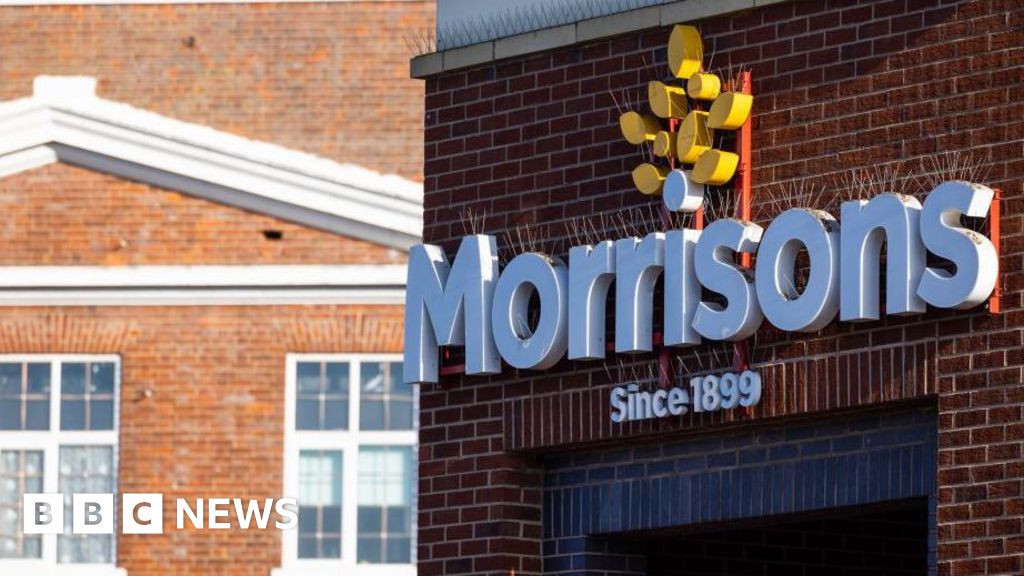Fuel tankers have become a target for hijackers in South Africa, data from vehicle-recovery and fleet-intelligence company Netstar on hijackings has revealed.
This as South Africans battle with soaring fuel prices.
Hijackings of other vehicles have shown an upward trend too, said operations executive Charles Morgan.
“We have seen a rise in reported incidents of hijackings from our customers in the first six months of this year. From January to June 2022, the incidence of hijackings and thefts among our customer base rose by 24%,” said Morgan.
“There are indications that fuel tankers are becoming a target,” says Morgan. “In a recent case, a fuel tanker was hijacked by a criminal gang after midnight.
The tanker was recovered and driver found unharmed.
ALSO READ: Petrol price: AA hopes for more relief in September as fuel levy reduction set to end
“Although Netstar has a high recovery rate, we are seeing a significant increase in incidents, and fleets and their cargo remain at risk. We recommend that operators of tanker fleets be extra vigilant and take all measures they can to protect their drivers and their vehicles.”
Other trends, according to Morgan, include a spike in vehicle thefts during the morning hours, followed by a surge in hijackings during the afternoon and the evening.
During May and June, daily vehicle hijackings reached a peak between 7pm and 8pm.
“Our data indicates that hijackings are more common in the evening hours. Hijackings are also the most common way for vehicles to be stolen, among our customer base. This implies that criminals may find it easier to steal a vehicle through a contact crime like hijacking, than through theft of an unattended vehicle. This may be because there is no need to circumvent alarm and immobiliser technology when the driver is at the wheel.”
According to Morgan, Gauteng is the main hotspot for vehicle crime, with 51.2% of reported vehicle theft cases having occurred in the province in June.
KwaZulu-Natal recorded the second most incidents with 23%, while the Eastern Cape and the Western Cape both registered around 6% of incidents.




















Discussion about this post